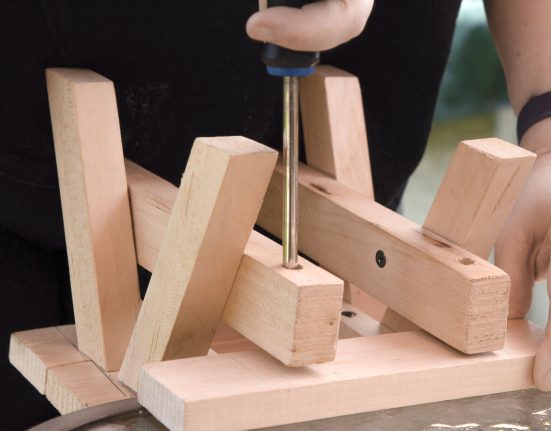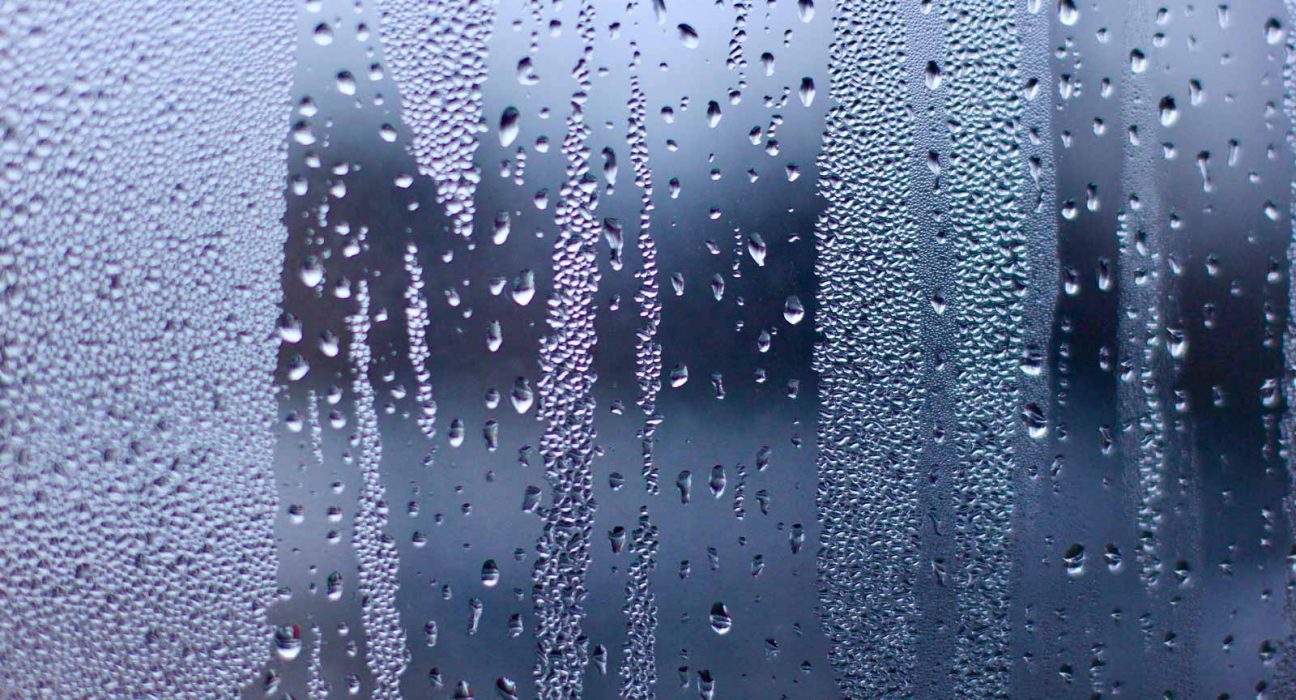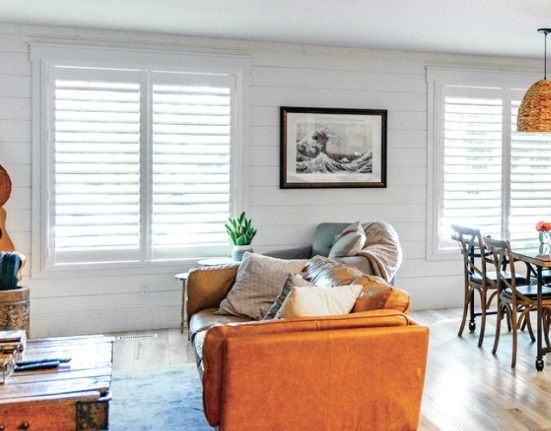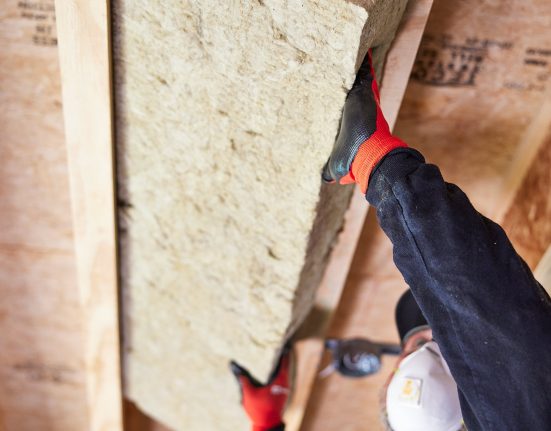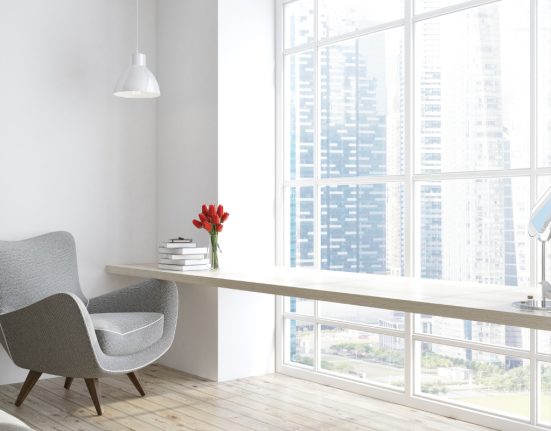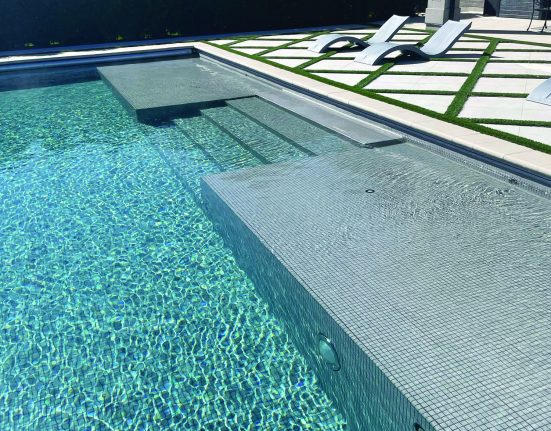Every year, window contractors are swarmed with phone calls from their customers complaining about condensation on their new windows. Their old windows didn’t do this, so why is it happening now? Rest easy, your new windows are working the way they should.
Condensation on new windows is a sign that the window is performing exactly as designed. Just like the condensation you see on shower doors and car windows, this condensation forms when the surface temperature of the window goes below the dew point. What is happening on those windows with the condensation is that the window is blocking heat from inside your home from reaching outside thus allowing outside to be cooler than your home’s morning dew point. Therefore, the relative humidity in your home may increase and cause condensation.
Taking these steps can go a long way in preventing condensation from forming on your windows—and you’ll be able to enjoy clear views of the outside again!
1. Lower Your Humidity
One important step is to not use a humidifier unless you absolutely have to. Humidifiers are great for people with respiratory problems, overuse can increase the humidity level in your home – which can lead to mold growth and damage to walls and wood floors.
2.Circulate the Air
Opening windows slightly for a brief period of time will allow humid air to escape and drier air to enter.
3.Open the Curtains
Curtains may trap the heat when closed thus creating condensation. Open them to release the warm air!
4.Use an Exhaust Fan
Run the exhaust fan when showering and cooking to avoid condensation.
5.Remove Plants
Plants release moisture, so keeping them indoors may be the source of your problem. Move them away from the window to see if that reduces condensation.
6.Use a Dehumidifier
When your home becomes too humid, it’s always a good idea to invest in a dehumidifier.
7.BUY A HUMIDITY GAUGE
By regularly monitoring the relative humidity in your home and keeping a RH of 50% , you minimize the chance of hidden moisture damage that can cause serious structural issues down the road.
Trina Stewart is the Editor of HOMES+ Locale Magazine. Originally from Cambridge, Ontario, Trina loves exploring the area and embracing the activities, events, and local businesses.





